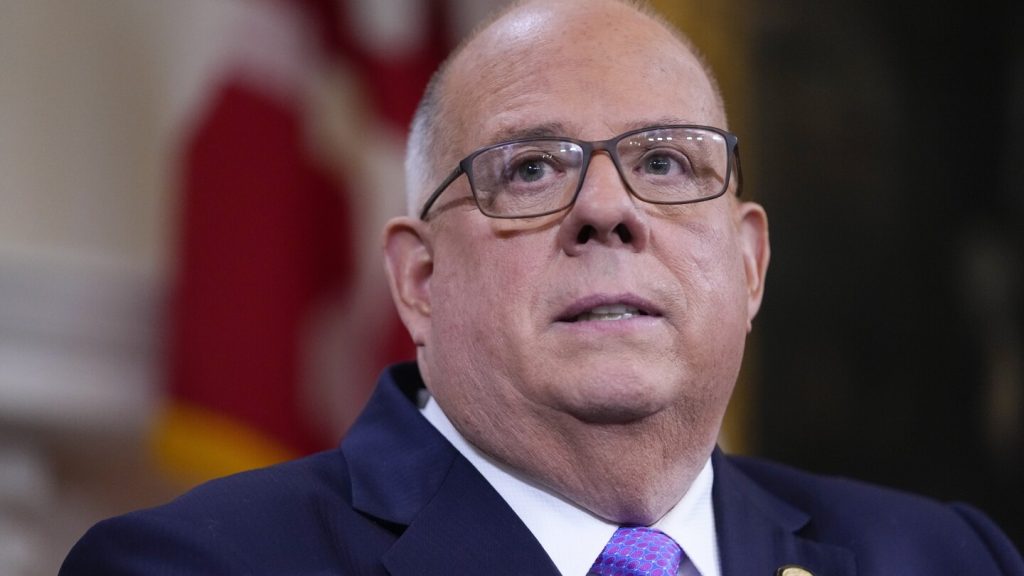Maryland Democrats are concerned that proposed tax and fee increases could bolster Republican former Gov. Larry Hogan’s U.S. Senate campaign and potentially cost the party its narrow majority in the legislature. Hogan, who gained popularity by lowering tolls in his first term, has criticized the revenue package that has led to a budget showdown between legislative chambers. His success in previous elections was largely due to his opposition to tax hikes, which resonated with voters.
With a tenuous 51-49 majority in the U.S. Senate, Democrats are wary of Hogan’s potential to make the Maryland race unusually competitive in a typically Democratic stronghold. While Hogan remains popular in the state, a Washington Post-University of Maryland poll showed that voters still lean towards a Democratic candidate for Senate. Despite Hogan’s popularity, some Democrats believe that voters will ultimately prioritize national issues over state-level tax policies when casting their ballots.
Maryland legislators are facing pressure to address transportation funding issues, including the collapse of the Francis Scott Key Bridge in Baltimore. While some Democrats support the proposed tax and fee increases to fund transportation and education, others question the timing of these measures and the potential political consequences. Senate President Bill Ferguson emphasized the importance of the U.S. Senate makeup for Maryland’s long-term investment future, highlighting the significance of maintaining a Democratic majority.
Gov. Wes Moore submitted a balanced budget for the next fiscal year without tax increases, and he has indicated that raising taxes would require a high bar for approval. The Senate largely supported Moore’s budget plan, while the House introduced legislation including new revenues from transportation-related user fees and corporate tax reform. Negotiations between chambers have been ongoing, with differences in revenue targets remaining unresolved as the legislative session nears its end.
Maryland Democrats typically have strong majorities in the state legislature, but Hogan’s past electoral success as a Republican presents a unique challenge for the party. The need to address transportation funding issues and the budgetary impact of the bridge collapse have added complexity to the legislative process. As the session faces an extension due to unresolved budget issues, the future of Maryland’s tax and fee proposals remains uncertain, with both parties vying for support in a pivotal Senate race. Senate President Ferguson emphasized the importance of maintaining a Democratic majority for the state’s long-term financial stability.


